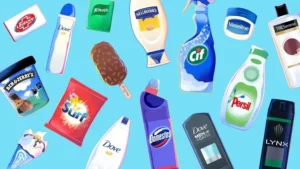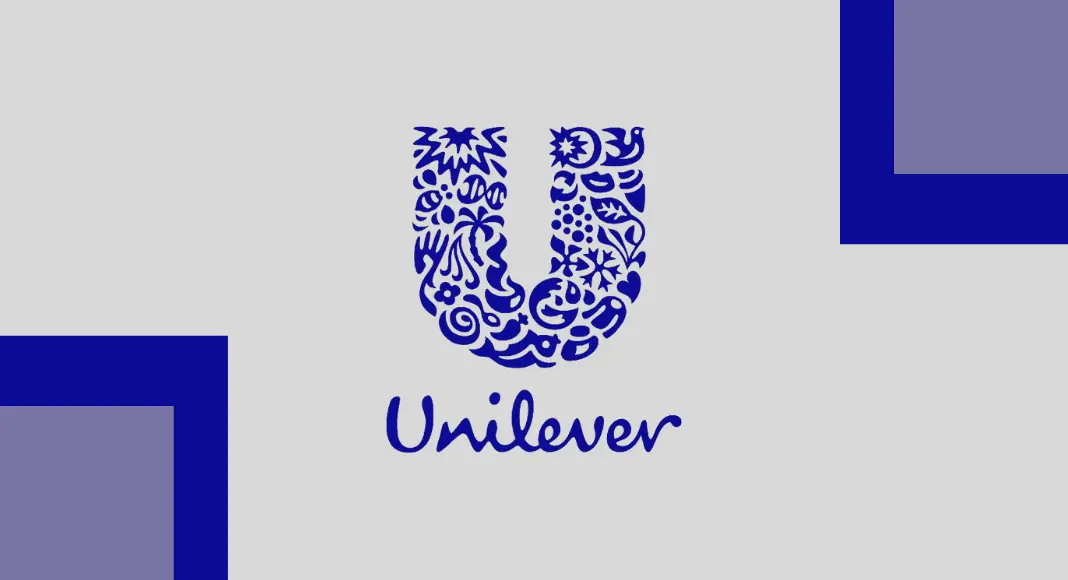Volume-Led Growth Signals Strong Market Position
Unilever’s third quarter 2024 performance marks a significant turning point for the consumer goods giant. The company saw its fourth straight quarter of positive volume growth, reaching 3.6% across all business segments. Sales grew by 4.5%, driven by strong performances from key brands like Dove, Liquid I.V., and Magnum.
CEO Hein Schumacher’s growth strategy seems to be paying off. The company’s focus on fewer but more impactful innovations is showing results. Power Brands, which make up over 75% of turnover, led the charge with 5.4% growth in underlying sales and 4.3% volume growth.
Regional Performance Shows Mixed Results
The company’s performance varied across markets. Developed markets, representing 43% of total turnover, showed impressive growth of 6.9%. North America’s Beauty & Wellbeing segment and Europe’s Home Care division were standout performers.
Emerging markets told a different story. While India showed steady growth with 2.3% and Latin America maintained 3.8% growth, challenges persisted in some regions. China faced market weakness across categories, while Indonesia saw a concerning 18% decline. The company has already initiated strategic interventions in Indonesia, including stabilizing prices across channels and optimizing retail stock levels.
Beauty and Personal Care Lead the Way
The Beauty & Wellbeing division emerged as a strong performer with 6.7% growth in underlying sales. Dove’s new product launches, including High Potency Body Serums and face care treatments, resonated well with consumers. The Health & Wellbeing segment celebrated its fifteenth consecutive quarter of double-digit growth, largely driven by Liquid I.V.’s successful summer season and international expansion.
Personal Care maintained momentum with 4.4% growth, led by volume increases of 3.1%. Deodorants showed particularly strong performance in Latin America, while Skin Cleansing saw high single-digit growth in Europe. The successful launch of Dove’s premium body wash range in the United States contributed to these positive results.
Strategic Moves and Future Outlook
The separation of the Ice Cream business is progressing on schedule, with completion expected by the end of 2025. The company is methodically working through legal entity setup, standalone operating model development, and carve-out financials. This strategic move aims to create a world-leading ice cream business, leveraging five of the top ten global ice cream brands.
“We’re just starting our performance transformation,” says Schumacher. “Our focus is clear – doing fewer things with greater impact. The steps we are taking will help transform Unilever into a consistently higher-performing business.”

Financial Stability and Shareholder Returns
Despite currency headwinds of -2.8% and a -1.5% impact from disposals, Unilever maintained its turnover at €15.2 billion. The company continues its share buyback program, with the final €800 million portion of its €1.5 billion plan set to complete in December 2024. The quarterly interim dividend remains stable at €0.4396 per share.
Looking ahead, Unilever stands by its 2024 outlook. The company expects 3-5% underlying sales growth, with most growth coming from volume. They’re targeting an underlying operating margin of at least 18%, though year-on-year margin progression in the second half is expected to be smaller than in the first half.
Ice Cream Division Shows Promise Ahead of Separation
The Ice Cream division delivered impressive results with 9.8% growth, including 6.7% from volume. This performance was driven by successful premium innovations like Magnum’s Bon Bons and Ben & Jerry’s Peaces. The out-of-home segment grew by high single digits, supported by Magnum’s premium ‘Pleasure Express’ range and Cornetto’s first global relaunch featuring enhanced formulation.
Unilever’s third quarter results demonstrate a company successfully navigating its transformation while maintaining growth. The strong performance in developed markets and key divisions like Beauty & Wellbeing suggests the company’s strategic focus is yielding results. While challenges remain in some emerging markets, the clear action plans and ongoing transformation initiatives position Unilever well for sustained growth. As these strategic changes continue to unfold, both industry professionals and investors will be watching closely to see how this consumer goods giant reshapes its future.

